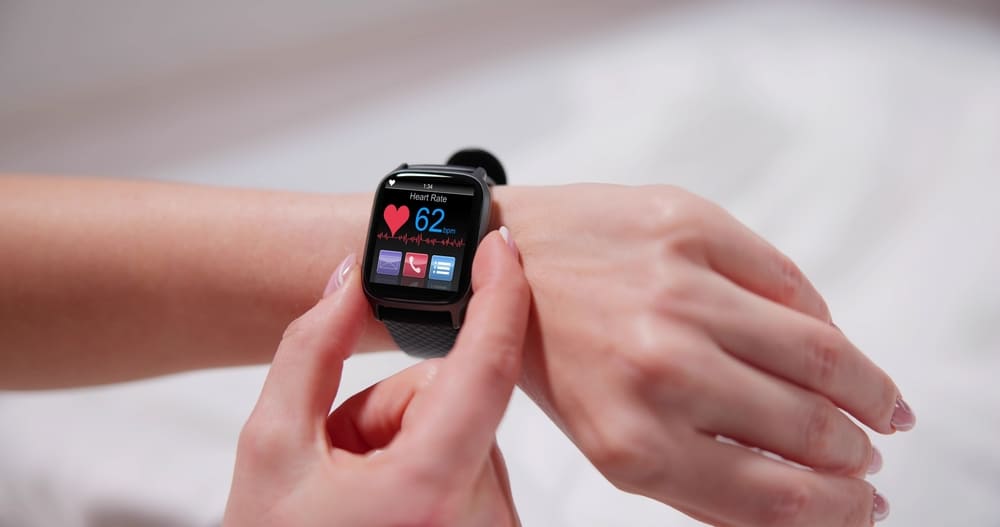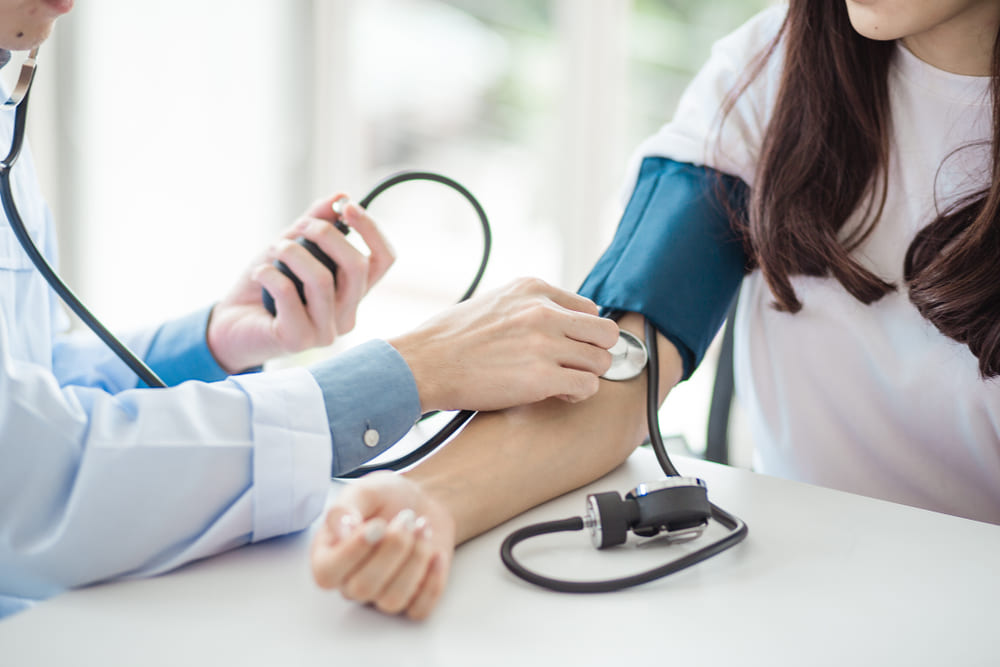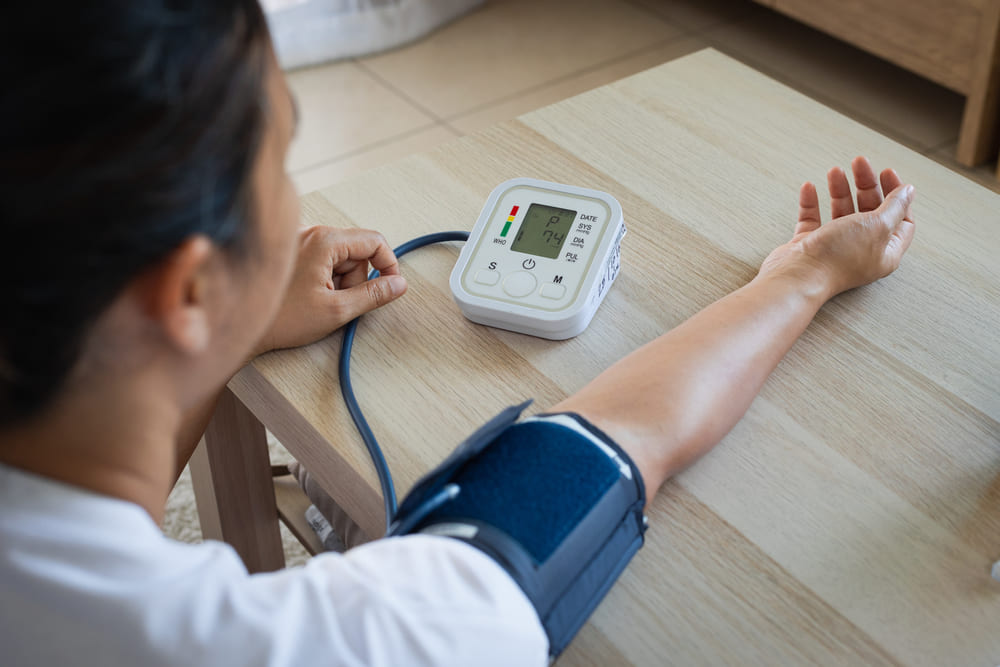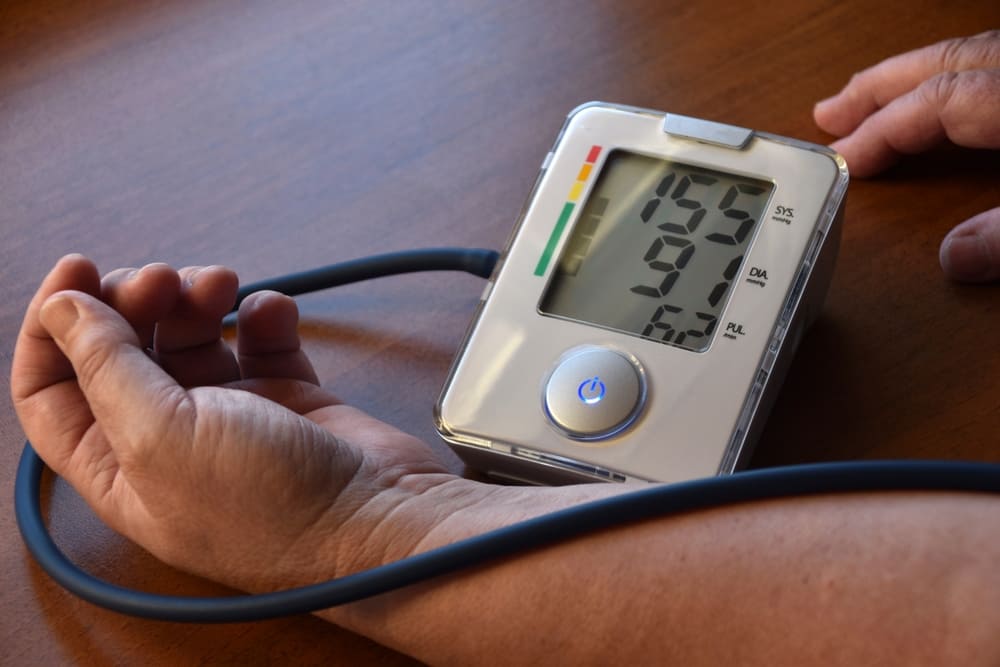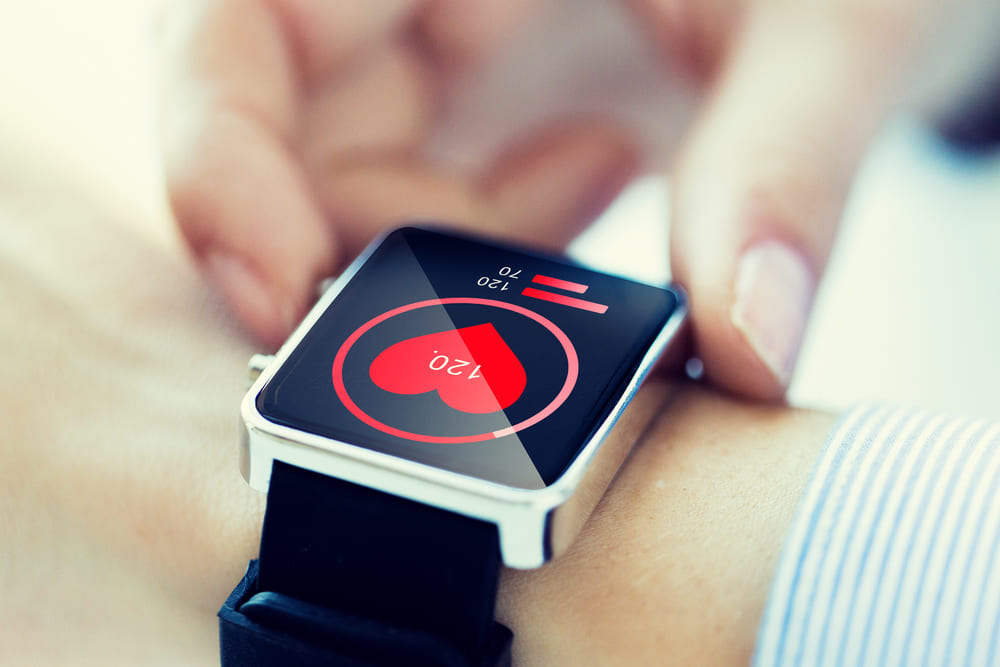In a world where health often takes a backseat in our busy lives, understanding the subtleties of our body’s signals is crucial. Hypertension, commonly known as high blood pressure, is a silent disease affecting people on a global scale, but it often goes unnoticed due to its subtle and easily overlooked symptoms.
Its prevalence underscores a vital need for awareness and detection. Ignoring its signs can lead to serious health complications over time.
This blog post aims to inform and empower you. Knowing the indications of hypertension is crucial in taking charge of your well-being.
This is all about being proactive, and not reactive, in maintaining heart health. Read on – as we unravel the typical pointers of elevated blood pressure and why they shouldn’t be ignored.
Know the 5 typical early signs of hypertension that may occur silently – so you will be watchful
As we go deeper into hypertension, it’s essential to get familiar with these five typical warnings that serve as crucial alerts. By being attentive to these symptoms, you can take timely action to safeguard your health.
1. Headaches and dizziness:
Imagine a day interrupted by a sudden headache or a moment of dizziness. Often, we might dismiss these as minor, perhaps due to a busy schedule or lack of sleep.
However, it’s worth considering a deeper cause: these symptoms could be subtle hints from your body about your blood pressure levels. Frequent, unexplained headaches and episodes of dizziness are sometimes more than just daily discomforts. They can be prompts of elevated blood pressure.
According to Craig O. Weber, MD, writing in Very Well Health, “Headaches associated with hypertension can be mild, moderate, or severe, and can be of a throbbing nature. Hypertensive headaches commonly occur in the early morning.”
Perceiving this connection is crucial for your health journey. It’s not about self-diagnosing hypertension but about being informed and vigilant.
2. Vision problems:
Vision is a precious gift, often taken for granted until something goes amiss. Have you ever experienced a sudden blur in your sight or seen double without an apparent reason?
While it’s easy to attribute these changes to eye strain or aging, they could also be subtle whispers from your body about your blood pressure. Hypertension can lead to changes in vision, including blurred or double vision, as it affects the blood vessels in your eyes.
According to the Icahn School of Medicine at Mount Sinai, “High blood pressure can damage blood vessels in the retina. The retina is the layer of tissue at the back part of the eye. It changes light and images that enter the eye into nerve signals that are sent to the brain.”
Being aware of all this is not about causing unnecessary alarm but about arming yourself with knowledge. This awareness encourages you not to dismiss such symptoms casually. Instead, it prompts a health check, perhaps revealing more about your overall well-being.

3. Shortness of breath:
You may often find yourself short of breath during activities that used to be effortless. It can be a puzzling experience. It’s common to attribute this to a lack of fitness or a busy day.
Yet, it’s essential to consider a broader perspective on what our body might be signaling beyond immediate explanations. Shortness of breath, particularly when it occurs unexpectedly or with increasing frequency, warrants a closer look at our overall cardiovascular health.
According to Rachael Zimlich, writing in Healthline, “When you have high blood pressure, your heart has to work much harder to pump blood to your entire body. Overworking your heart can, over time, lead to a number of other health problems like cardiovascular disease, which can cause shortness of breath as a symptom.”
Acknowledging this isn’t about self-diagnosis – it’s about being attentive to your body. Such awareness can guide you to seek timely medical advice, ensuring that any underlying issues, like hypertension, are not overlooked. Quick detection and management can significantly improve your quality of life and health outcomes.
4. Chest pain:
Experiencing chest pain, especially during physical exertion, can sometimes be alarming. Often enough, though, the instinct may be to brush it off as indigestion, gas, or temporary discomfort.
Yet, it’s vital to be aware that such pain could also be an indicator of broader health issues, including the potential impact of high blood pressure on your cardiovascular system. Hypertension can strain your heart, which might manifest as chest pain or discomfort during activities.
According to the Centers for Disease Control and Prevention (CDC), “High blood pressure can damage your arteries by making them less elastic, which decreases the flow of blood and oxygen to your heart and leads to heart disease. This decreased blood flow to the heart can cause chest pain, also called angina.”
This awareness is not about jumping to conclusions but about paying attention to how your body feels, especially during exertion. This is crucial to caring for your health. If you experience such symptoms, it’s wise to consult with a doctor.

5. Irregular heartbeat:
Feeling your heart skip a beat or flutter unexpectedly can be a startling experience. While occasional palpitations are common and often harmless, a consistent pattern of irregular heartbeats should not be overlooked.
This phenomenon could sometimes be linked to hypertension, a condition where the force of blood against your artery walls is consistently too high. This increased pressure can cause the heart to work harder than usual, leading to arrhythmias or irregular heartbeats.
According to Muhammad R Afzal et al., writing in Heart Failure Clinics, “Hypertensive heart disease can manifest as cardiac arrhythmias. Supraventricular and ventricular arrhythmias may occur in the hypertensive patients. Atrial fibrillation and hypertension contribute to an increased risk of stroke.”
Awareness of this potential connection is more than just spotting a symptom – it’s about understanding your body’s language. Monitoring and discussing such changes in your heartbeat with a doctor can be essential in safeguarding your heart health.
Know about proactive heart care, beginning with detecting hypertension early – so you will be alert
Hypertension is one of the many maladies that could lead to cardiac issues, but it’s not about hypertension alone. When people have a combination of conditions such as obesity, cholesterol, diabetes, and hypertension – along with other hereditary factors – they must realize that these conditions can all have a multiplicative impact on the heart.
In such cases, navigating the path to a healthy heart requires regular and total health screening. On the advice of a doctor, it could also involve taking duly prescribed medicines on time. Embracing a healthy lifestyle should include a balanced diet (rich in fruits, vegetables, whole grains, and lean proteins), combined with regular physical activity. Also, get good sleep and keep a relaxed pace of life
.
This approach is not about remaining overstressed with concerns and fears about ill health – it’s about being one step ahead, ensuring that your heart and whole body stay strong and healthy. It’s a commitment to yourself to prioritize your health today for a healthier tomorrow.
You know it in your heart
In conclusion, being alert to the indicators of hypertension is more than just a health measure – it’s an act of self-care with a diligent preemptive orientation.
Remember, the journey to a healthier heart starts with small, consistent steps – through lifestyle changes, regular health check-ups, or simply being attentive to your body’s changes. Your heart is your body’s engine, and taking care of it ensures that your life is long, fulfilling, and robust. Stay heart-healthy.
References
- Weber, Craig O., MD. Very Well Health. “9 High Blood Pressure (Hypertension) Symptoms.” Accessed: January 31, 2024. https://www.verywellhealth.com/symptoms-of-hypertension-1763965
- Icahn School of Medicine at Mount Sinai. “High blood pressure and eye disease.” Accessed: January 31, 2024. https://www.mountsinai.org/health-library/diseases-conditions/high-blood-pressure-and-eye-disease
- Zimlich, Rachael. Healthline. “Can High Blood Pressure Cause Shortness of Breath?” Accessed: January 31, 2024. https://www.healthline.com/health/can-high-blood-pressure-cause-shortness-of-breath
- Centers for Disease Control and Prevention (CDC). “High Blood Pressure Symptoms and Causes.” Accessed: January 31, 2024. https://www.cdc.gov/bloodpressure/about.htm
- Afzal, Muhammad R, et al. Heart Failure Clinics. “Hypertension and Arrhythmias.” Accessed: January 31, 2024. https://pubmed.ncbi.nlm.nih.gov/31472889/





